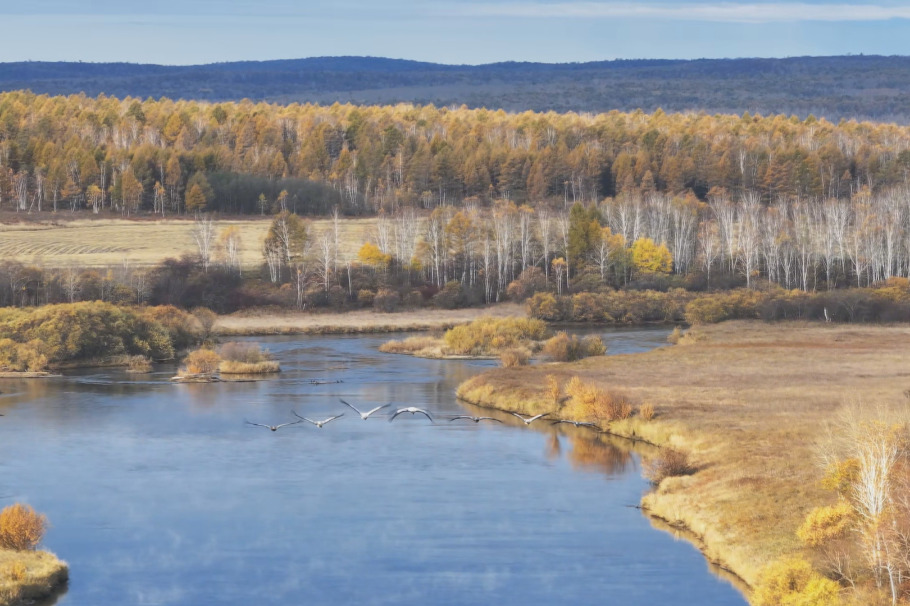Qinghai rangers rise to meet challenges


The rangers' work includes preventing grazing in prohibited areas and other activities that are banned. They also record traces of wildlife, monitor changing conditions in lakes and wetlands, protect animals and clear up litter.
The team, which uses an app to report and record its work, is taking part in the "ecological ranger" program, launched by the authorities in Qinghai in 2012 to introduce indigenous people to ecological management and enable them to earn more. Tashi's monthly salary is 1,800 yuan ($257).
Known as the "Water Bank" of China, an average of 60 billion cubic meters of clean water is pumped downstream from the Sanjiangyuan area each year, supplying more than 1 billion people in Asia.
The changeable weather and high altitude are distinctive characteristics of the plateau.
For hundreds of years, raising animals was the primary source of income for people living in the river sources area.
However, overgrazing of cattle, climate change and mining activities accelerated desertification in the area in the 1990s, in turn reducing the herdsmen's income. Poverty and deteriorating environmental conditions followed.
- Wondrous Xinjiang: Aquaculture thrives in China's Taklimakan Desert
- New regulation adjusts jurisdiction of internet courts
- Over 200m rail passenger trips recorded during holiday period
- Yunnan official turns self in for suspected violations of disciplines and laws
- China's renovation projects for old residential compounds benefit over 110 million since 2021: minister
- Exclusive: Sit down with German sinologist Helwig Schmidt-Glintzer





































